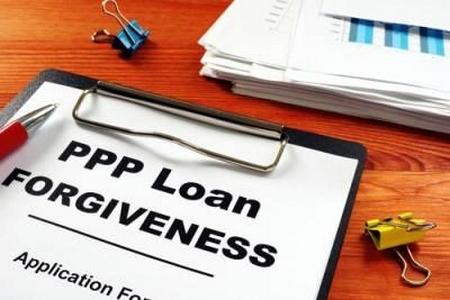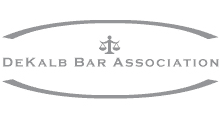2000 McDonald Road, Suite 200 | South Elgin, IL 60177
How Will the Paycheck Protection Program Flexibility Act Affect My Business?
 In response to the financial impact that the COVID-19 pandemic has had on many businesses, the U.S. Congress passed the Coronavirus Aid, Relief, and Economic Security (CARES) Act in March of 2020. One of the key provisions of this act was the ability for businesses to apply for forgivable loans through the Paycheck Protection Program (PPP). However, the restrictions and requirements for these loans had caused some difficulties for small business owners, and in response, Congress passed the Paycheck Protection Program Flexibility Act, and it was signed into law by President Trump on June 5. This act implemented a number of changes that will give businesses more options for using loan funds, obtaining forgiveness, and repaying loans.
In response to the financial impact that the COVID-19 pandemic has had on many businesses, the U.S. Congress passed the Coronavirus Aid, Relief, and Economic Security (CARES) Act in March of 2020. One of the key provisions of this act was the ability for businesses to apply for forgivable loans through the Paycheck Protection Program (PPP). However, the restrictions and requirements for these loans had caused some difficulties for small business owners, and in response, Congress passed the Paycheck Protection Program Flexibility Act, and it was signed into law by President Trump on June 5. This act implemented a number of changes that will give businesses more options for using loan funds, obtaining forgiveness, and repaying loans.
Changes to the Paycheck Protection Program
Under the CARES Act, businesses could apply for a PPP loan, and they were required to spend the funds from these loans within eight weeks after receiving a loan. This time period has been modified to allow businesses to choose a reporting period of either 8 or 24 weeks. However, the 24-week period is from the loan origination date or until December 31, 2020, whichever is earlier (which may result in less than 24 weeks). This period can be used to restore a business’s workforce to pre-COVID-19 levels, and the deadline for doing so has been moved from June 30, 2020 to December 31, 2020. However, the deadline for applying for a PPP loan has not changed, and applications must be submitted by June 30, 2020.
If a business is unable to fully restore its workforce, there are some new exceptions that may apply that will still allow for forgiveness of PPP loans. These include provisions for businesses that are unable to rehire previous employees or other people with similar qualifications, as well as businesses that were unable to return to their previous level of business activity due to restrictions related to COVID-19.
The types of expenses that may be forgiven have also been adjusted. Previously, a business had to spend at least 75% of loan funds on payroll costs in order to receive forgiveness. This has been reduced to 60%, and the other 40% may be used for utility payments, rent, or mortgage interest. Utility payments include payments for electricity, gas, water, transportation, telephone, or internet access. In addition, the repayment period for any amount that is not forgiven has been extended from two years to five years. Interest on the loans remains at 1% per annum.
Contact Our Elgin Business Law Attorneys
If you need help determining the best options for economic relief for your business during this difficult time, the attorneys of Ariano Hardy Ritt Richmond Lytle & Goettel P.C. can answer your questions and assist in applying for loans or loan forgiveness. We will work with you to make sure you meet the requirements for receiving a PPP loan or other forms of government aid, and we will help you understand the best ways to make sure your business can remain in operation. To schedule a free consultation, contact our Kane County small business lawyers today at 847-695-2400.
Sources:
https://www.investopedia.com/paycheck-protection-program-flexibility-act-of-2020-an-overview-4846944
https://www.forbes.com/sites/juliejason/2020/06/05/the-new-paycheck-protection-program-flexibility-act-is-signed-into-law-today/#b85682849da1











